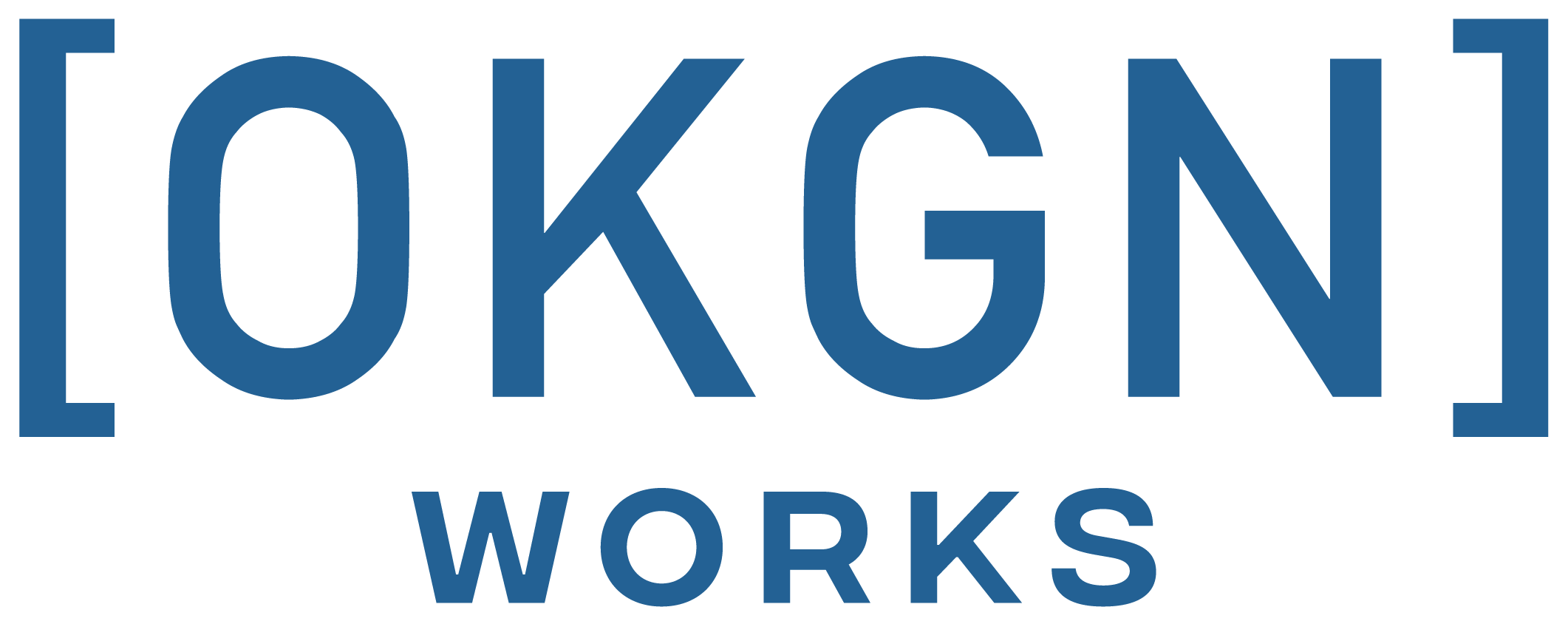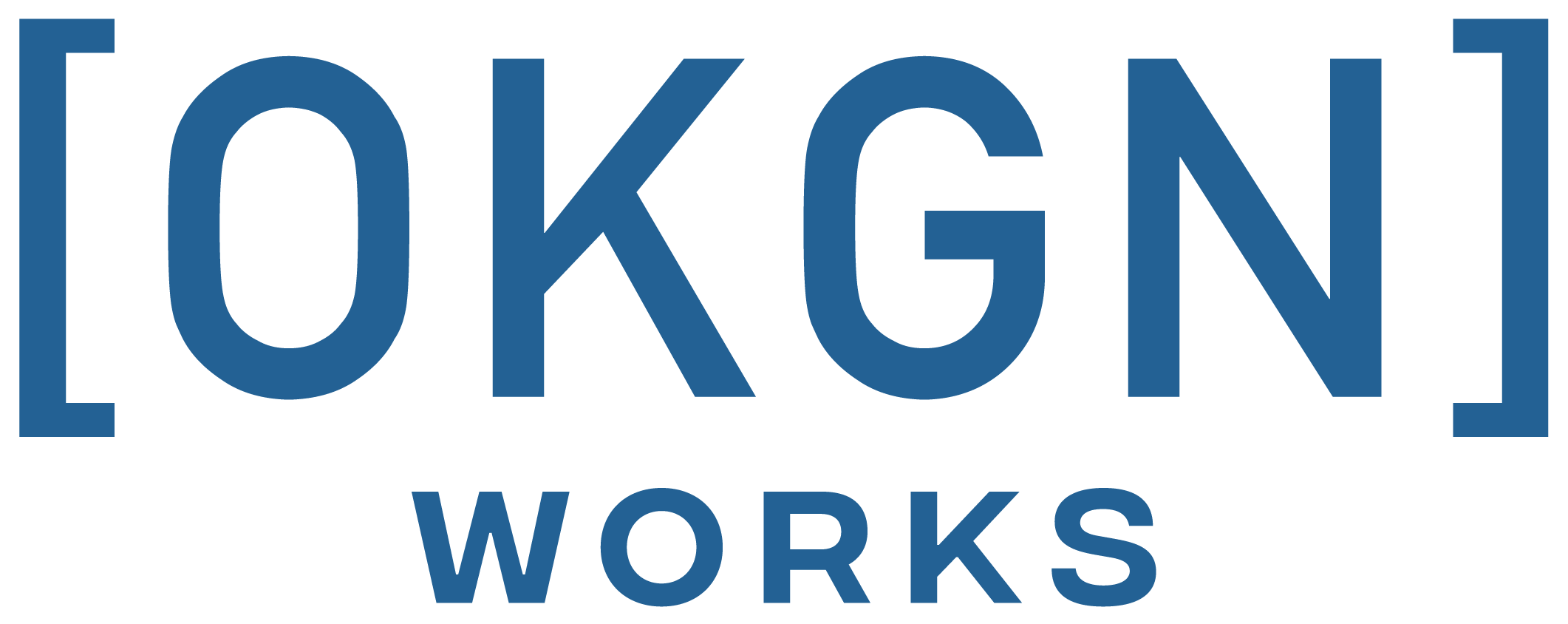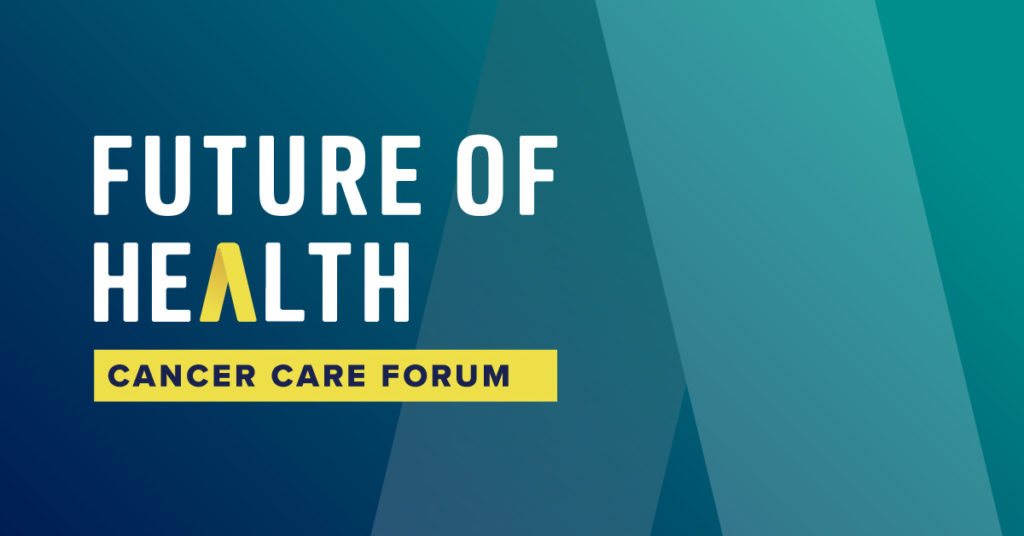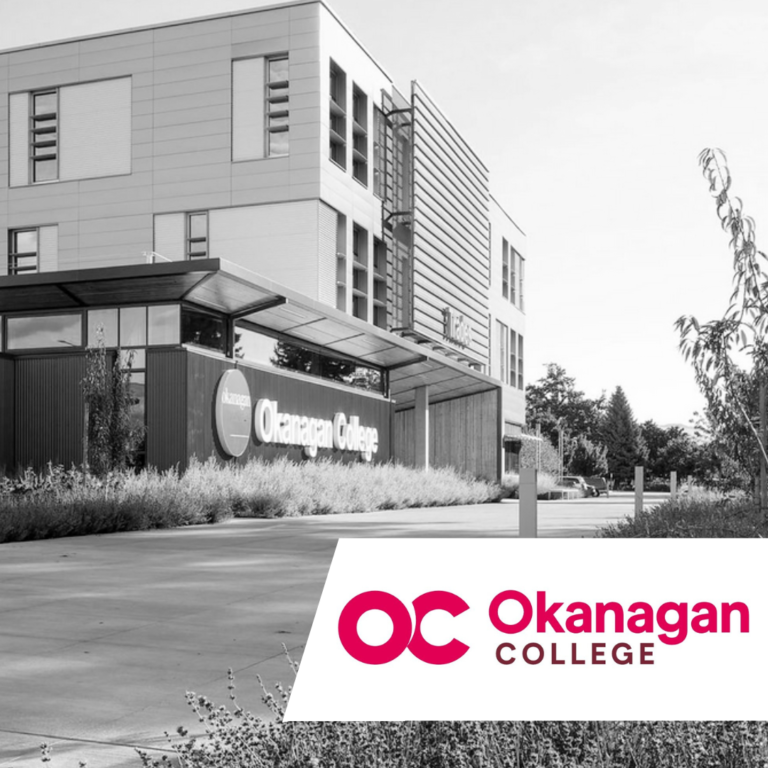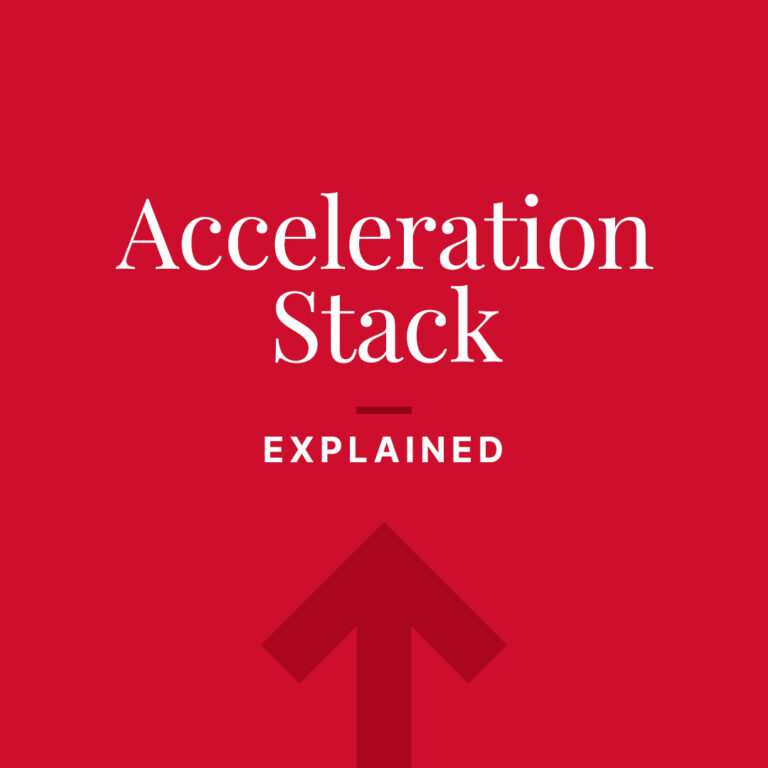Improving complex health-care systems comes as a result of community collaboration. By fostering this type of culture, innovation is born. We cannot move health-care into the future without diverse minds asking difficult questions.
The Okanagan has been making waves in both the health-care and technology sectors. These two communities are full of talent ready to (or already creating) meaningful change, but they didn’t have the forum to collaborate. Enter Future of Health, an event aimed at fostering the exchange of research and innovative ideas between the health-care and technology communities.
Accelerate Okanagan, BC Cancer, Interior Health, and The University of British Columbia joined forces to host an annual forum. On October 18th, health researchers, clinicians, innovators, entrepreneurs, and members of the public met to explore the current state of cancer care in BC and discuss the ground-breaking research shaping the future of health in our province.
Here is just a taste of what we learned…

Dr. Islam Mohammed
Radiation Oncologist, BC Cancer Kelowna
After his residency in Radiation Oncology at Edmonton’s Cross Cancer Institute, Dr. Mohammed joined BC Cancer – Kelowna and specialized in breast, lung, and sarcoma tumour sites. His current practice in Kelowna includes lung, sarcoma and skin tumour sites, with a special interest in stereotactic radiosurgery.
Dr. Islam Mohammed started the day by introducing the hallmarks that contribute to cancer being the prevalent problem that we face today. “It’s not just about the mutations conferring fitness, it’s about how well those attributes are adapted to the selective pressures in the environment,” he explained. “I want you to think of the environment that the cancer cell is operating in, and think of it as an evolutionary system.”

Two hallmarks that contribute to cancer’s persistent and varied growth are genomic instability and an increase of inflammation. Without genomic stability, cell functions are no longer able to depend on the behaviour of other cells, thus dependable security or healing systems breakdown. An increase in inflammation provides a stage for tumour growth and proliferation, allowing additional cancer hallmarks the opportunity to develop. Both of these factors create the environmental components that fuel cancer’s unpredictable nature.
Stimulation of over-expressive cell growth, resisting factors that normally contribute to cell death, the reprogramming of cellular behaviour to benefit from normally unfavourable environments, the creation of microhemorrhages through the excessive creation of new blood vessels, the colonization of metastisized niches, and the ability for cancerous cells to become “invisible” to the body’s immune system are all hallmarks of cancer’s evolution.

“Evolution operates to preserve fitness and survival in us, as a human species, through our reproductive years. Beyond that, there are no selective pressures,” Dr. Mohammed explains. “During menopause and andropause, the microenvironments that support our normal tissues begin to change and become permissive to the cancer phenotype.”
Cancer is a devastating presence in the body, but it is not an eventuality. Dr. Islam reminded us that “if a garden is healthy, you won’t see any weeds. They will remain dormant until the garden becomes less healthy.”

Dr. Connie Eaves
Professor of Medical Genetics, UBC and Distinguished Scientist, BC Cancer
Spanning four decades, Dr. Connie Eaves’ research and discoveries have improved our understanding of how normal and cancer stem cells grow and work. Her discoveries in cancer research have not only advanced curative therapies but have transformed the way hematologists and oncologists understand and treat the disease.
“Understanding when you do and don’t have cancer is a complex problem,” says Dr. Eaves. But through her research, and with the assistance of her students, she is “excited about being able to recreate cancer cells in a controlled environment.” Her passion for enabling the next generation of researchers punctuates her career at every stage and is among several lasting echos she’s made into the world of cancer research. “Surround yourself with people smarter than you and you’ll be set for life,” says Dr. Eaves.
In her presentation, Eaves discussed the complexity and unpredictability that exists in the world of cancer prevention. She stresses the importance of work that enables discoveries in research. In her words, “discovery is when you are wrong and you observe something you didn’t expect.”

This does not suggest that discoveries are the only means by which cancer research can leap forward. Throughout her career, Connie has worked with brilliant students who have helped challenge assumptions about how cancer develops in the human body.
To emphasize topics raised in Dr. Islam’s talk, Eaves states, “cells are a mess. We have to get used to the idea that we’re dealing with cells that have evolved from single cells billions of years ago and they’ve grown into little organisms.” She believes it’s important that we remember this fact as we continue researching in the world of cancer prevention.

Connie was asked about difficulties in trying to convince the public of certain findings. Her response highlighted concerns with current trends in publications favouring stories around technology in health-care. She closed with a call to action, “if you’ve done something interesting, it will be found. If you’ve done something reproducible, it will be reproduced. It doesn’t matter how it’s published. Stop focusing on top journals to get published in, it’ll be found no matter where it’s published.”
Cancer may be one of the most taxing problems faced by humankind but we are getting ever closer to discovering the means by which to prevent and treat it. Health-care advances come as a result of collaboration and innovative ideas and, through events like Future of Health, we can continue to create opportunities to drive those advances.

Hungry for more?
